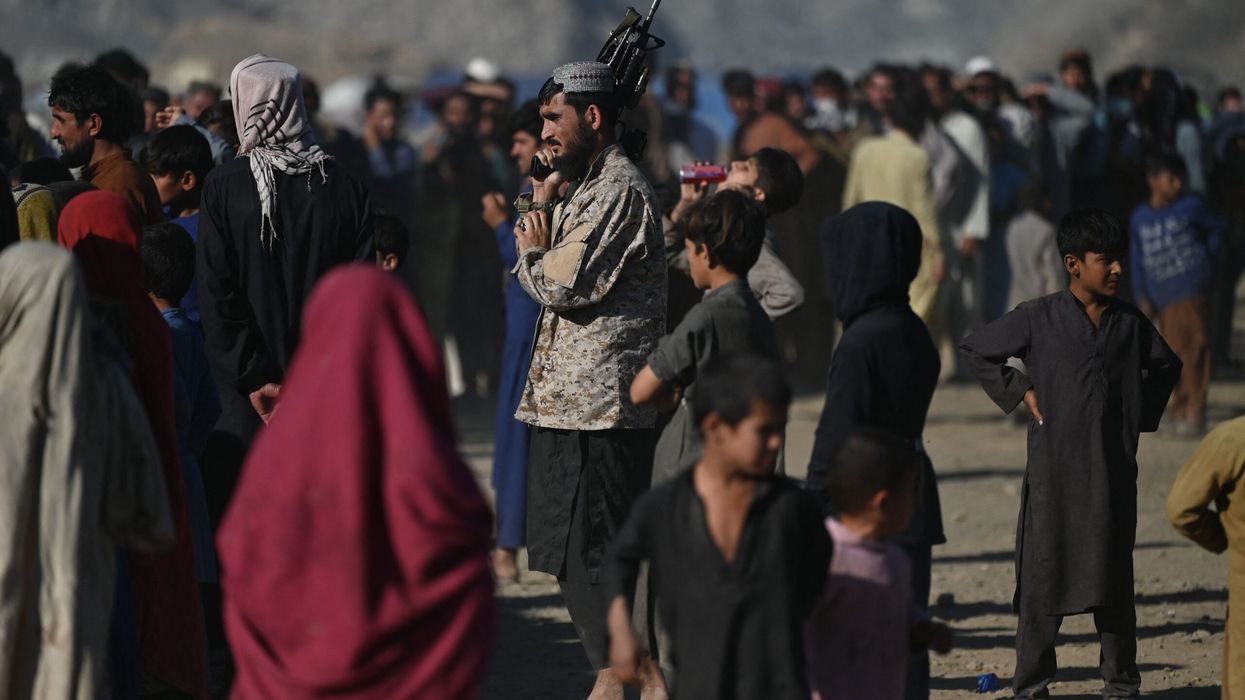A VACANT girls’ school in Pakistan was partially damaged in a bomb explosion after militant groups demanded extortion money, officials said last Friday (17).
It is the second attack on a girls’ school in just over a week, both located in the former tribal areas close to the border with Afghanistan, where militancy has spiked since the Taliban came to power in Kabul.
No one was hurt in the latest attack overnight last Thursday (16), according to the non-government group Wana Welfare Association which runs the school. “About a month ago, we received a letter from a militant group demanding a specific portion of our funding. A few days later, another letter was thrown into our office, demanding a payment of 10 million rupees ($36,000/£28,288),” a senior member of the Wana Welfare Association in Peshawar said.
“Following that, we started receiving threatening calls from Afghan numbers, demanding extortion money,” he added, asking not to be named because he was not authorised to speak to media.
He alleged school administration was told demands were coming from local Taliban fractions.
“We made numerous attempts to reach out to these militant groups locally but were unsuccessful,” he said.
A district government official told AFP, on condition of anonymity, that Taliban factions are extorting local traders in the area.
“Those who refuse to pay are targeted, with their homes damaged or themselves killed,” he said.
Several traders have been kidnapped and murdered in the past couple of years, he added.
Girls’ education has long been a target of regional militants, including by the Pakistan Taliban, notorious for shooting then-schoolgirl Malala Yousafzai as she campaigned for education in 2012.
The group, known as Tehreek-eTaliban Pakistan (TTP), the most active in the region, denied it was behind the assault. Many factions linked to the TTP are also active in the region.
Pakistan’s border region has historically been a hive of militancy, and was the target of a long-running military offensive and US drone strikes during the post-9/11 invasion of Afghanistan.
Since the Taliban surged back to power in Kabul in 2021, Pakistan has witnessed a dramatic uptick in militancy, with most attacks focused in border regions.
Islamabad has repeatedly accused the Afghan government of failing to crackdown on militants using its soil to launch attacks on Pakistan. The Taliban government denied the accusations.




